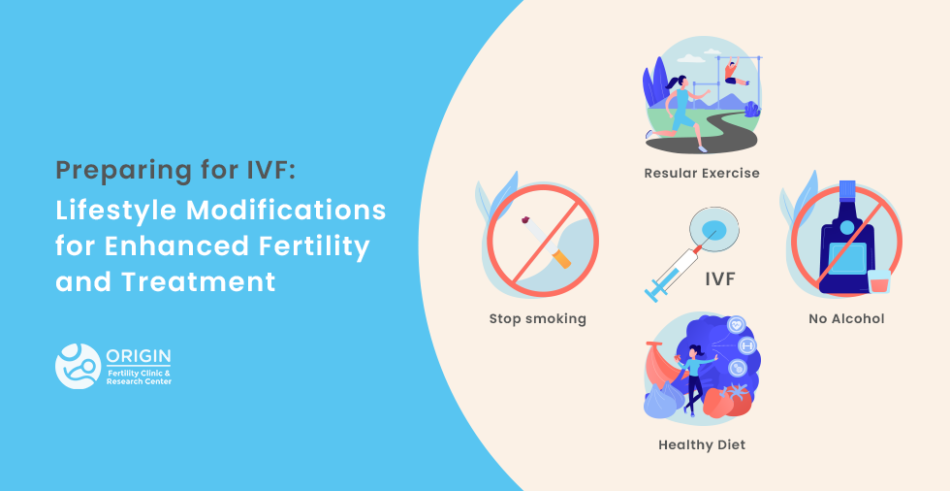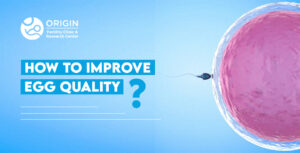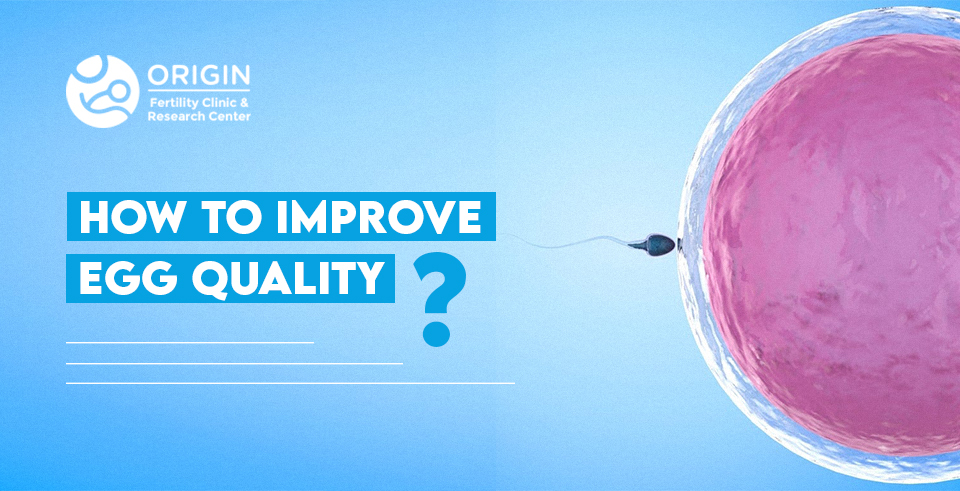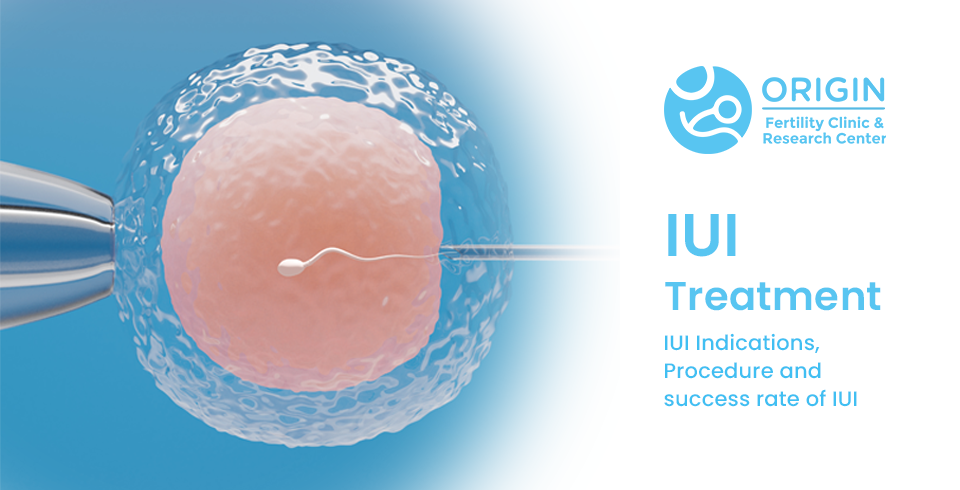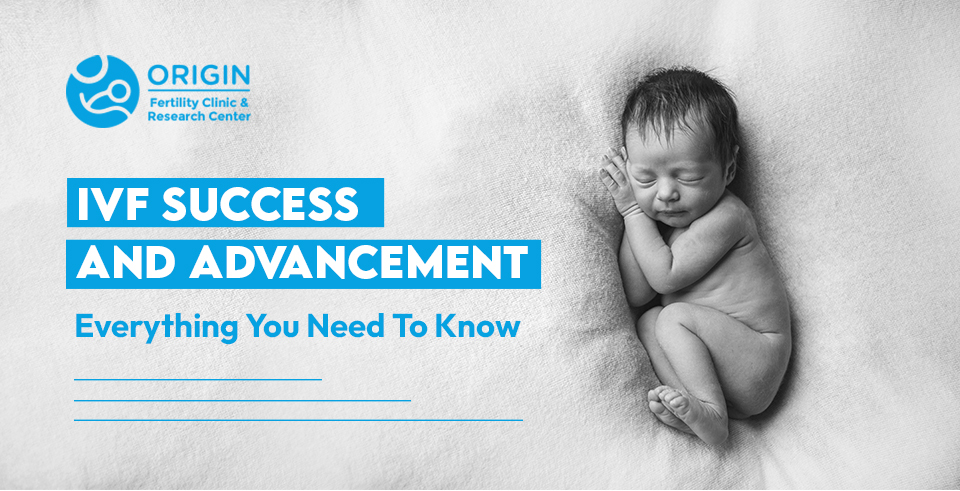When it comes to preparing for ivf (in vitro fertilization), taking proactive steps to improve your chances of success is essential. While medical interventions play a significant role, making lifestyle modifications can greatly enhance your fertility and treatment outcomes.
In this blog, we will discuss some lifestyle changes that can help optimize your IVF journey and increase the likelihood of a successful pregnancy.
By embracing these modifications, you can actively contribute to creating an environment that supports fertility and improves your chances of a positive outcome.
Factors to keep in mind to Prepare for IVF treatment
Here are the factors to keep in mind to Prepare for IVF treatment.
Nourish Your Body with a Healthy Diet:
A healthy and well-balanced diet is the foundation of reproductive health. Focus on consuming nutrient-rich foods such as fruits, vegetables, whole grains, lean proteins, and healthy fats. By incorporating fertility-boosting foods into your diet, such as leafy greens, berries, nuts, and seed.
Engage in Moderate Exercise:
Regular exercise is not only beneficial for overall well-being but can also support fertility. Engage in moderate exercises like walking, swimming, yoga, or cycling. These activities help improve blood circulation to the reproductive organs and reduce stress levels.
However, it is important to avoid excessive or intense workouts, as they can interfere with hormonal balance and potentially hinder fertility.
Manage Stress Effectively:
There is some evidence that high stress is related to low fertility rate. Stress can have a significant impact on fertility and overall health. Find stress-reducing techniques that work for you, such as meditation, deep breathing exercises, yoga, or engaging in hobbies and activities that bring you joy.
Prioritize self-care and relaxation to minimize stress levels throughout your IVF journey. Seeking support from loved ones or professional counselors can also be helpful in managing the emotional aspects of the process.
Do check our recent blog on Choosing the Right Fertility Center: A Comprehensive Guide
Prioritize Adequate Rest and Sleep:
Sufficient rest and quality sleep are essential for hormonal balance and reproductive health. Aim for 7-8 hours of uninterrupted sleep each night and establish a relaxing bedtime routine.
Creating a sleep-friendly environment and incorporating relaxation techniques before bedtime can promote restful sleep and support your overall well-being.
Effect of Caffeine intake on fertility:
Caffeine is a popular neuro stimulant and present in multiple food products and beverages coffee, tea, chocolate and cocoa products are most common sources. Caffeine has an impact on male & female fertility both. High caffeine is associated with adverse IVF outcomes.
In male partners high caffeine has an impact on sperm production & also associated with sperm DNA damage.
Recommendations: Most societies recommend that women who are pregnant or trying to become pregnant limit caffeine consumption to less than 200 to 300 mg per day.
Effect of Alcohol Intake:
Alcohol has compelling evidence of reproductive toxicity both male and female alcohol consumption affect fertility. Drinking alcohol in women undergoing IVF was linked with lower number of eggs, abnormal embryo development and lower pregnancy rates.
In males alcohol consumption has been linked with decreased sex drive, erectile dysfunction and abnormal semen parameter (abnormal sperm morphology, decreased motility, and decrease semen volume)
Recommendations: With the current evidence available complete abstinence for both partners is the safest recommendation in couples desiring optimal fertility. A more realistic approach would be in particular avoiding binge drinking and limiting daily standard drinks to one should be advised.
Effect of Smoking:
Smoking nearly affects every organ in the body. It is well established that smoking has a profound negative affect on both male & female fertility. Upto 13% of infertility may be attributable to cigarette smoking.
In females, smoking leads to reduced ovarian reserve and earlier age of menopause up to 4 years. Cigarette smoking women undergoing IVF treatment have a lower response to IVF injections and have an impact on egg quality and embryo development further it decreases the chances of pregnancy also. In males, smoking has a negative impact on morphology, motility and sperm count.
Furthermore, smoking in pregnancy increases risk of miscarriage, preterm birth, placental complications and fetal growth restrictions.
Recommendations: There is a universal recommendation every couple who are coming for preconception counseling or fertility treatment should quit smoking.
Adhere to Medication and Treatment Protocols:
Strict adherence to medication schedules and treatment protocols is vital for IVF success. Follow your fertility specialist’s instructions meticulously and communicate any concerns or questions you may have. Consistency and adherence to the prescribed regimen are crucial in maximizing the chances of a positive outcome.


